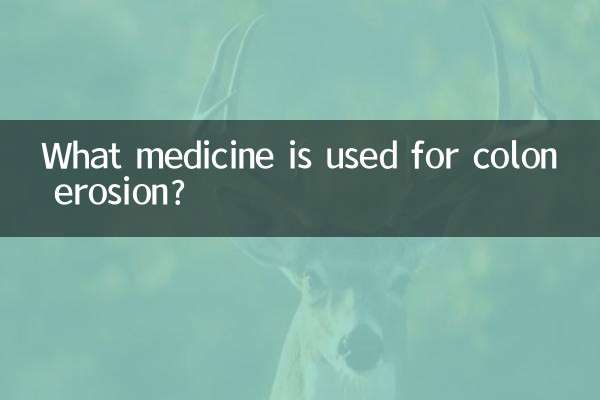What does high creatinine mean?
Recently, discussions on health topics have continued to heat up on social media, with “high creatinine” becoming one of the hot keywords. Many netizens are full of questions about the meaning, causes and countermeasures of high creatinine. This article will combine the hot content of the entire Internet in the past 10 days and provide you with a detailed explanation of issues related to high creatinine in the form of structured data.
1. Basic concept of high creatinine

Creatinine is a product of muscle metabolism and is excreted mainly through the kidneys. The level of creatinine can reflect the status of kidney function. The following is the reference range for normal and elevated creatinine:
| crowd | Normal range (μmol/L) | High range (μmol/L) |
|---|---|---|
| adult male | 53-106 | >106 |
| adult women | 44-97 | >97 |
| children | 27-62 | >62 |
2. Possible reasons for high creatinine
According to recent medical discussions and data analysis, high creatinine may be related to the following factors:
| Cause classification | specific factors | Description |
|---|---|---|
| physiological factors | Vigorous exercise, high-protein diet | A short-term increase in creatinine usually resolves spontaneously |
| pathological factors | Chronic kidney disease, acute kidney injury | Need further examination of renal function |
| drug effects | Antibiotics, antihypertensive drugs, etc. | Some drugs may affect creatinine metabolism |
3. Potential hazards of high creatinine
High creatinine may be a sign of impaired kidney function, and long-term neglect may lead to the following problems:
1.Decreased kidney function:A persistent increase in creatinine may indicate a decrease in glomerular filtration rate.
2.Uremia risk:In severe cases, uremia may develop and require dialysis treatment.
3.Cardiovascular disease:Abnormal renal function is closely related to hypertension, heart disease, etc.
4. How to deal with high creatinine
For high creatinine, recent popular suggestions include:
| measures | Specific methods | Things to note |
|---|---|---|
| diet modification | Low-salt, low-protein diet | Avoid increasing the burden on the kidneys |
| living habits | Regular work and rest, drink appropriate amount of water | Promote metabolic waste excretion |
| medical examination | Monitor kidney function regularly | Early detection, early intervention |
5. Recent hot discussions
1.“Do I need to take medicine if my creatinine is too high?”: Doctors suggest that the decision should be made based on the cause of the disease. Blindly taking medication may be counterproductive.
2."Trend of higher creatinine in young people": Data show that bad living habits have led to an increase in the proportion of abnormal creatinine in young people.
3.“Traditional Chinese medicine regulates high creatinine”: Some netizens share their experience in conditioning with traditional Chinese medicine, but they need to be cautious in choosing regular medical institutions.
Summary
High creatinine is an important indicator of kidney health and may be caused by physiological or pathological factors. Creatinine levels can be effectively managed through proper diet, lifestyle adjustments, and regular check-ups. If abnormalities are found, seek medical treatment promptly to avoid delays in treatment. Health is no small matter. Paying attention to changes in creatinine means paying attention to kidney health!

check the details

check the details